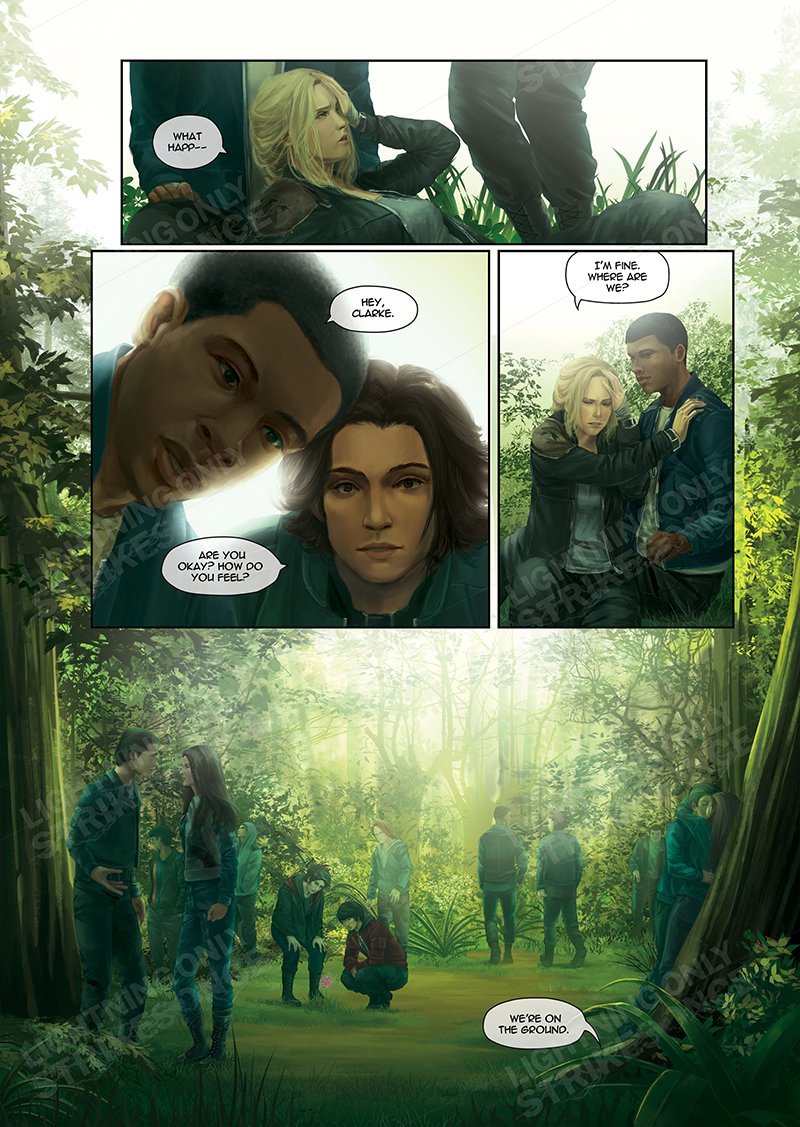
This often (but not always) is the doing of the antagonist. Something will often happen that sets a hero on his quest. A beginning should set up the setting reasonably well, as well as establish the motivations and stakes of your central characters. Many pieces of fiction use a similar dramatic arc. While you may brush an outline as too "work-like" for something that's ultimately supposed to be fun, knowing where you want to go with your writing can help minimize writer's block and make a more fluid product in the end. A proper outline can mean all the difference when it comes to writing fanfic. First, look for your concept, and then think about how that plot is going to work regarding the structure and the characters.An OC meant as a stand-in for the writer is known as a self-insert. Any character created by the author is called an "OC", or original character. Some writers write their own characters, or even themselves into fanfic, where they interact with the characters themselves.It can be inspiring to see where other people have gone with it. Explore the source material more if you are having a hard time finding a creative starting point.Ask yourself these questions in the early stages of planning fanfic. What if a certain character died (or didn't die) at a certain point in the story? What do you think happens after the credits roll in a movie? Another common question discussed in fanfiction is "What if this character and this character were a couple?" This is called shipping and is a common, if not overused, the source for fanfiction material. Whether you decide to write a sequel to the work or alternative history, everything is based on that first "what if" question. Imagine "what-if" scenarios for your source material. You can write your fanfic as poetry, or write up a tableau of a character's mental state during a given scene. Fanfics don't need to be conventionally narrative or prose either.These tend to be the fanfics that people give most attention to, assuming they're fuelled by a plot that justifies the length. More involved fiction can be hundreds of thousands of words long.

They tend to be less than 1000 words and deal with a mundane aspect of a character's life. So-called "fluff" pieces are short and light-hearted.It is surprisingly challenging to tell a story in such a small space, so it may be a good place to start if you want to test your skills without the time investment. X Research source These are usually between 50-100 words long.

#Firelords plan succeeded fanfiction full
Damage Death Full Area increased from 90 to 120, and Half Area from 180 to 240.

Bonus damage multiplier increased from 1/2/3 to 2/3/4.

Increased building damage factor from 2 to 3. Wave interval reduced from 5 seconds to 3 seconds. Volcano eruption waves decreased from 8 to 5.


 0 kommentar(er)
0 kommentar(er)
